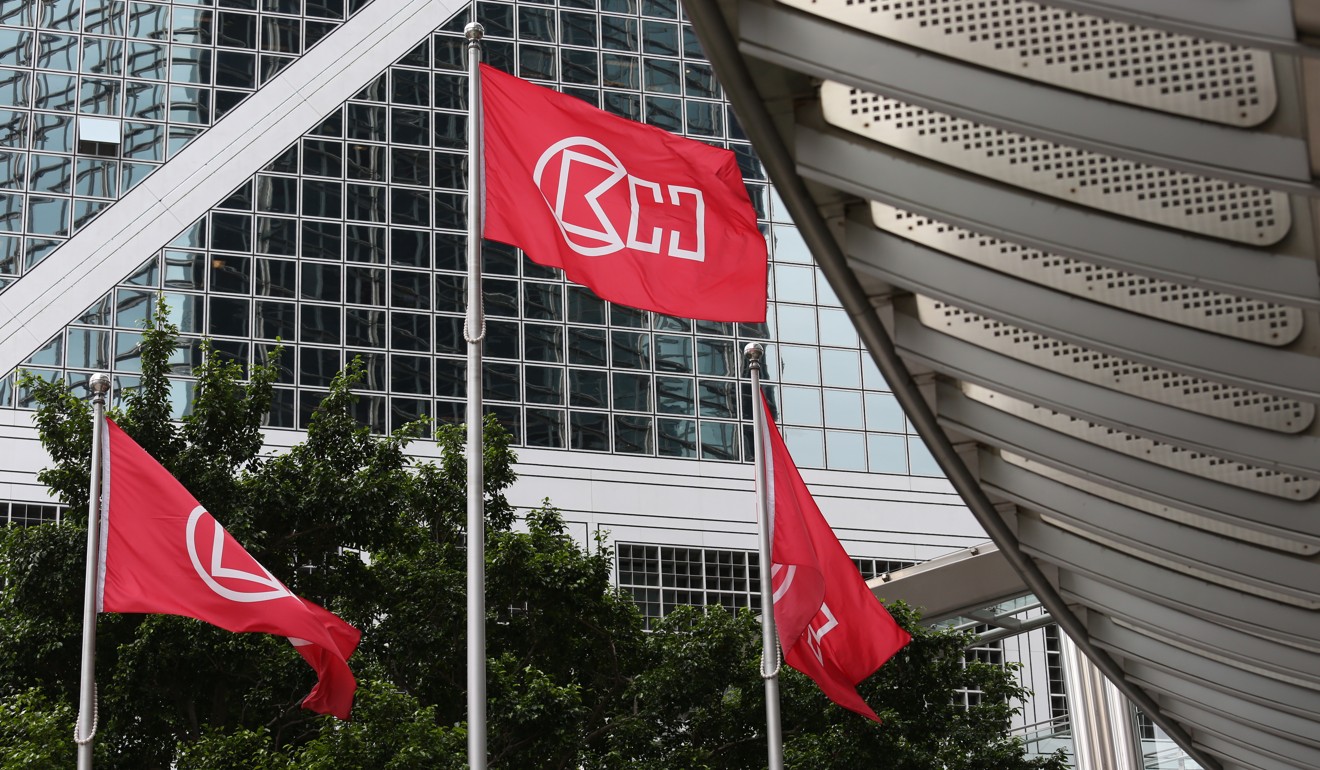
As CK group transitions from Li Ka-shing to Victor Li, monopoly should no longer be its bread and butter
Peter Guy says the group of companies founded by the legendary Hong Kong tycoon can no longer rest on its conservative and defensive strategy of investing in monopolies
There are only two economic reasons to own a business. One is to grow it, the other is to sell it. Anything in between invites indecision and ossification through slothful management. One exception is the Hong Kong Chinese family business, a kind of economic monarchy. Many conglomerates grew out of local property development and trading businesses whose skill sets don’t necessarily reflect the outside world. The primary rule of succession is: no matter how cumbersome it has become, the business must inevitably be run by a family member.
The outcome is a dilemma where the conservative private banking priorities of a wealthy family conflict with the risky growth priorities that investors demand of a global, listed company.
Watch: Hong Kong’s richest man Li Ka-shing announces his retirement
The old Hong Kong attitude about only being interested in making money doesn’t mix well with today’s turbulent, big money geopolitics
One challenge for reshaping the CK group’s position will be finding successors for the current board of directors in the near future. The current group was chosen or cultivated decades ago under Li Ka-shing. Many are approaching retirement age. Victor Li may be the new chairman, but it is unusual that he has yet to appoint his own slate of directors after he has been involved for so long.
Driving constant change is necessary to adapt in a competitive environment. That the CK group seeks to avoid fierce competition in areas requiring sophisticated marketing and innovation is a strategy that increasingly looks unrealistic and too conservative. It may be appropriate for a family office pursuing downside protection, but not for a diversified, global company.
In 1987, Murray’s push to acquire Husky Energy was a bold move which probably couldn’t be done in today’s nationalistic climate. Today, it is one of Canada’s largest integrated energy companies. And Watsons’ expansion into Europe’s retail store market during a downturn in the EU economy in the 2000s was led by its boss Ian Wade.
Watch: How Li Ka-shing became Hong Kong’s richest man
APA’s current year forward price-earnings ratio of 37 was raised by Li’s offer to 50 times and 33 per cent higher than APA’s closing price at the time of the bid. If the acquisition is approved by regulators, the CK group would control a system that delivers about half of the nation’s gas and add to its Australian conglomerate that already includes power distributor Duet Group.
The acquisition may be suitable for the Li family’s risk-versus-return paradigm. But outside investors may seek a Chinese company to primarily succeed in China rather than diversify away from it. There are other investments and companies that offer that kind of diversification.

No one imagines the CK group should refashion itself into a new economy enterprise. But the group may have become too unwieldy and ultimately defensive. It could evolve into a “deal taker” rather than a “deal maker”. Transactions become too large and complicated – a victim of their ponderous weight. Arguably, no other Hong Kong, family-owned company faces the problem of unwieldy wealth like Cheung Kong.
Peter Guy is a financial writer and former international banker



